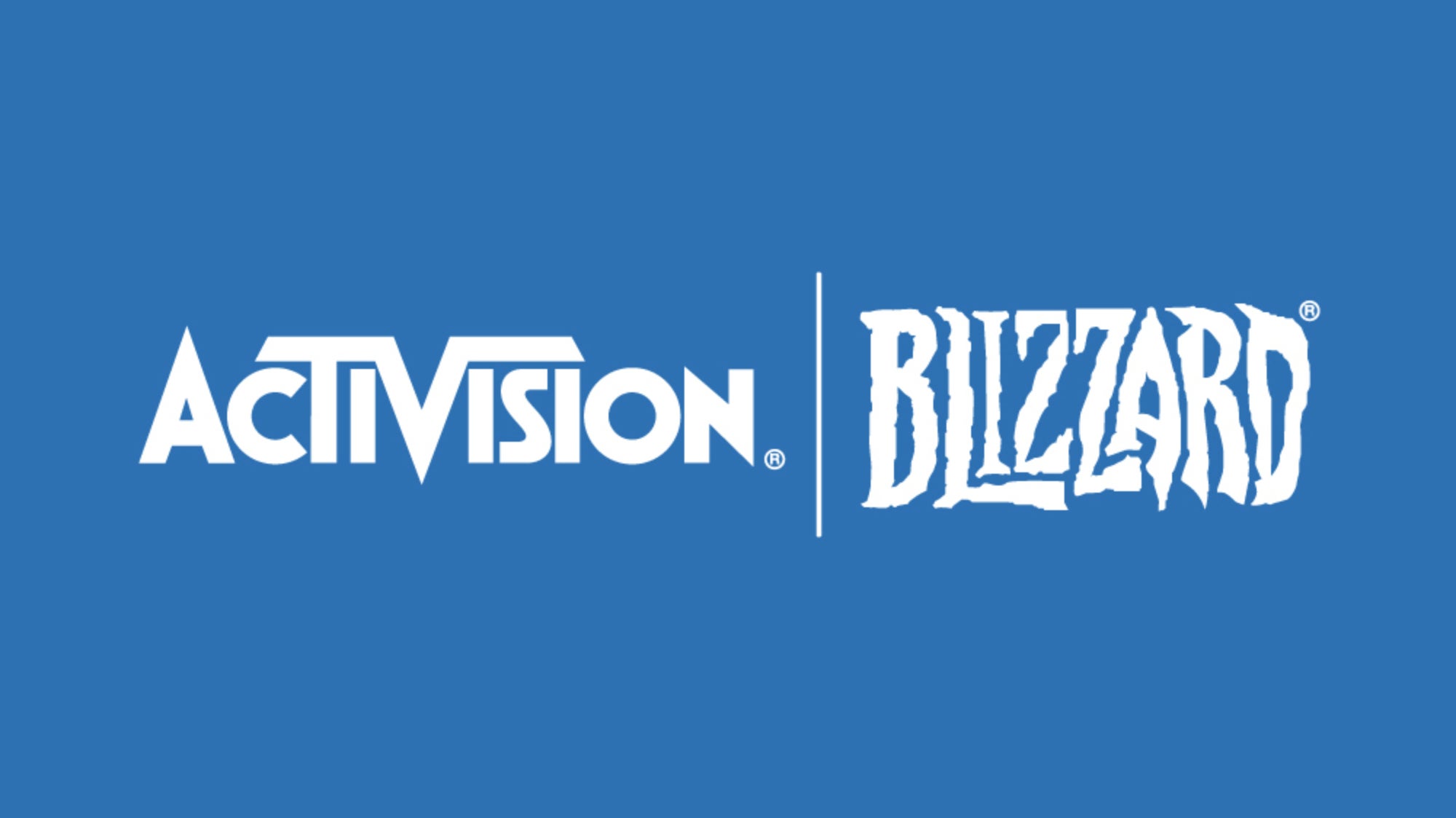[ad_1]

The UK’s Competition and Markets Authority has concluded its initial investigation of Microsoft’s acquisition of Activision Blizzard, making the decision that the deal requires a more in-depth “phase 2” investigation.
In its report, the CMA has determined that the deal will be “giving rise to a realistic prospect of a substantial lessening of competition in gaming consoles, multi-game subscription services, and cloud gaming services.”
Crucially, the CMA decided the deal would have a large impact on the success of rival platforms: “Evidence consistently pointed towards ABK’s content, especially Call of Duty, as being important and capable of making a material difference to the success of rivals’ gaming platforms.”
“ABK invests significant time and capital in creating regular Call of Duty releases, which consistently rank as some of the most popular games,” the CMA wrote. “These titles require thousands of game developers and several years to complete, and there are very few other games of similar calibre or popularity.”
It’s clear the CMA is referring to the prospect of the acquisition harming PlayStation sales, with Call of Duty being a massive console seller. Indeed, Sony currently has a multi-year agreement with Activision to make PlayStation the primary platform for Call of Duty.
Sony was explicitly mentioned later in the report, stating that “in the short- to medium-term, the main rival that could be affected by this conduct would be Sony. Evidence suggests that Microsoft and Sony compete closely with each other in terms of content, target audience, and console technology.” It also recognised that the PlayStation currently has a higher market share in the UK.
In contrast, the CMA believes that Nintendo will be less affected given the difference target audience and console technology.
The CMA also points to Microsoft’s acquisition of Bethesda parent company Zenimax in 2021, and its decision to make future games such as Starfield and Elder Scrolls 6 exclusive to Xbox platforms: “The CMA found that the potential strategic benefits to Microsoft of using ABK’s content to foreclose rivals — such as expanding the Game Pass user base and strengthening network effects in its gaming ecosystem — could outweigh any immediate losses in terms of licensing revenues,” it wrote.
“The CMA notes that Microsoft has followed this approach in several past acquisitions of gaming studios, where it made future game releases from thosestudios exclusive in consoles to Xbox (such as the upcoming Starfield and, based on Microsoft’s public statements, Elder Scrolls 6 from Bethesda).”
Crucially, the CMA also recognises that this acquisition is a part of Microsoft’s wider strategy to become the leader in the games as a subscription model: “After the Merger, Microsoft would gain control of this important input and could use it to harm the competitiveness of its rivals,” the CMA concluded. “As the multi-game subscription market is still in its infancy, the effect of the Merger could be to tip or significantly increase concentration in the market in Microsoft’s favour before future rivals have a chance to develop.”
Microsoft’s president Brad Smith has responded to the decision with the following statement: “We’re ready to work with the CMA on next steps and address any of its concerns. Sony, as the industry leader, says it is worried about Call of Duty, but we’ve said we are committed to making the same game available on the same day on both Xbox and PlayStation. We want people to have more access to games, not less.”
[ad_2]
www.eurogamer.net
